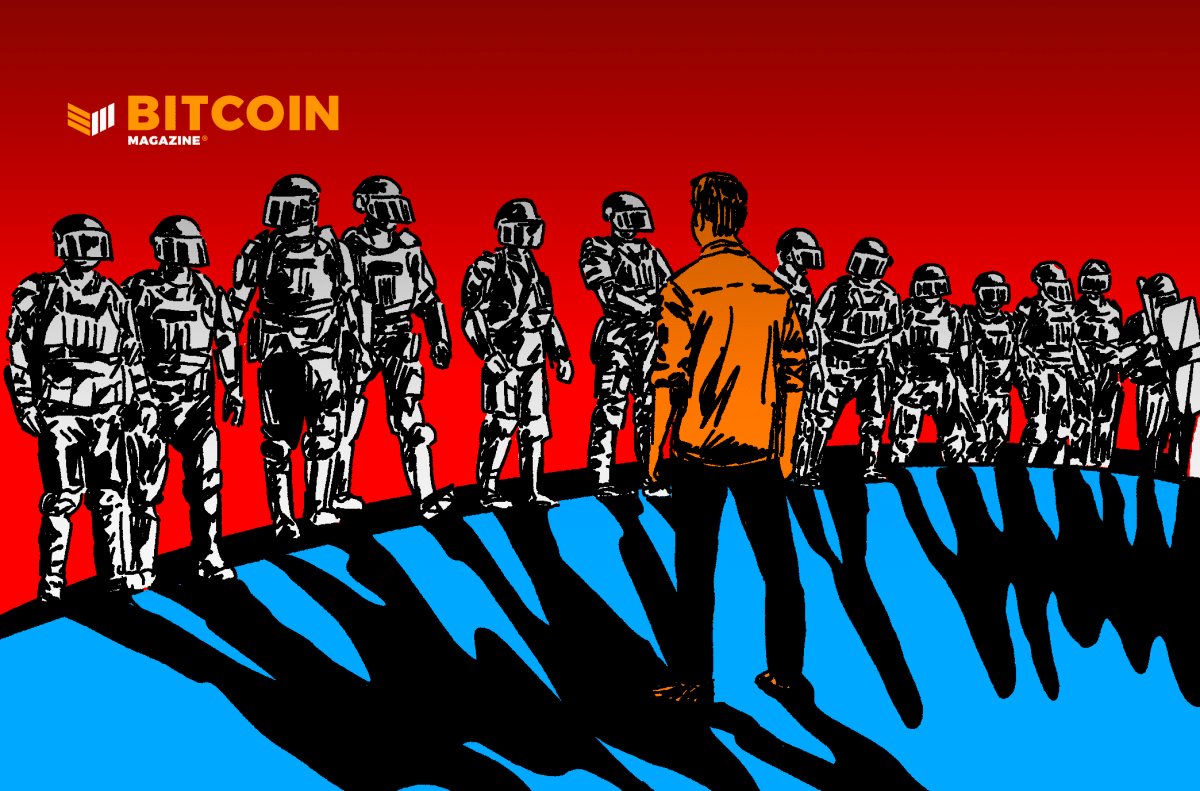
This is a transcribed excerpt of the “Bitcoin Magazine Podcast,” hosted by P and Q. In this episode, they are joined by Izabella Kaminska, editor at the Blind Spot and former editor at the Financial Times, to talk about how she realized that Bitcoin is an important piece of the puzzle for humanity to move forward and continue innovating.
Watch This Episode On YouTube Or Rumble
Listen To The Episode Here:
P: Everybody’s worried that it’s gonna be like, “If you don’t spend this CBDC within two weeks, you lose it.” It seems like we’ve already got systems in place and people are already very comfortable with credit-card-based systems or similar systems where it’s like, “If you spend it on this specific sector of the economy or in this specific way, you get bonus points.” It’ll be sort of like the carrot versus the whip, but I think that will still lead to the same outcome in the end, if they’re able to push it and launch them.
Izabella Kaminska: Yeah, I think that’s exactly right. With the energy crunch, I think you’ll see people getting discounts on their energy bills if they do energy-saving behaviors, and that’s how it will start. It will all combine into an account-based programmable credit feature where money itself becomes totally de-neutralized because nobody’s money is gonna be fungible with somebody else’s money because everyone will have different boundaries on how they can spend their money.
It used to be that money is neutral and that’s why markets work because the price signal is what determines how goods respond to supply and demand. But in a CBDC world, you risk totally demonetizing the system and going to a world where things clear, not through any price signal, but through some arbitrary algo-driven AI system that determines on a top down, what I call, a Gosplan 2.0 system, which is focused not on innovation and human creativity, but is very top down and retrospective, based on how your behaviors were yesterday, not on what you can fulfill in the future.
P: Oh, that’s interesting.
Kaminska: That’s really dangerous because for us to really get through the challenges of the next century, we have to innovate and any of these AI, holistic, overly controlling systems have a tendency, in my opinion, to repress the individual and repress his capacity for innovation.
Innovation can only come with risk. But if you want to de-risk the system — and I think that’s exactly what they’re trying to do, they’re trying to de-risk the system to the nth degree — but with no risk, there is no innovation. And that is the problem. If there’s no innovation, then I think our species is kind of doomed.

